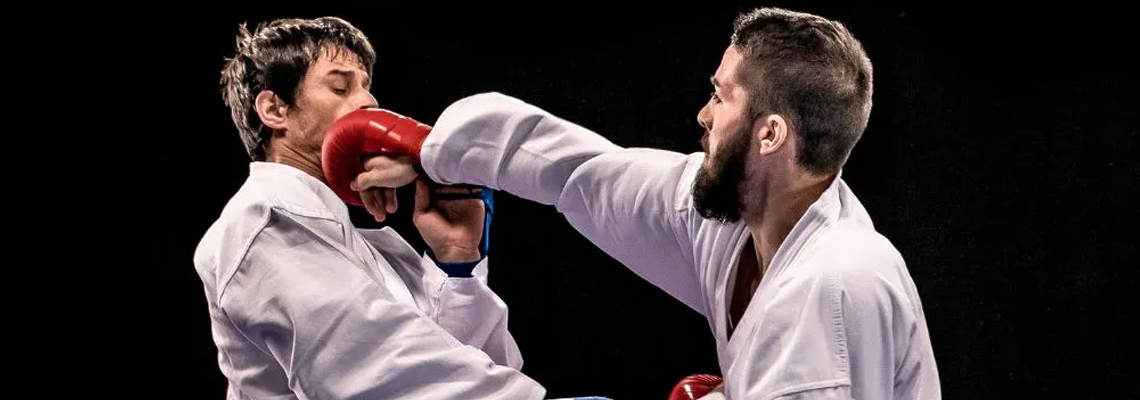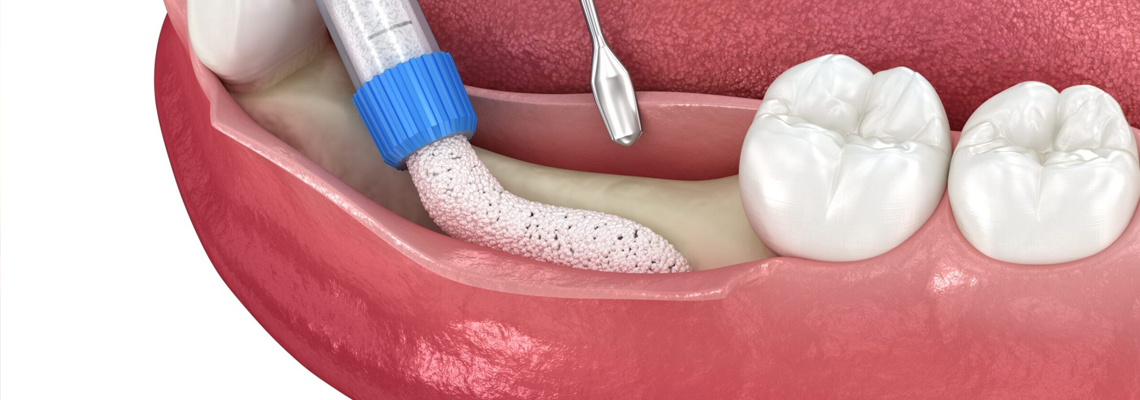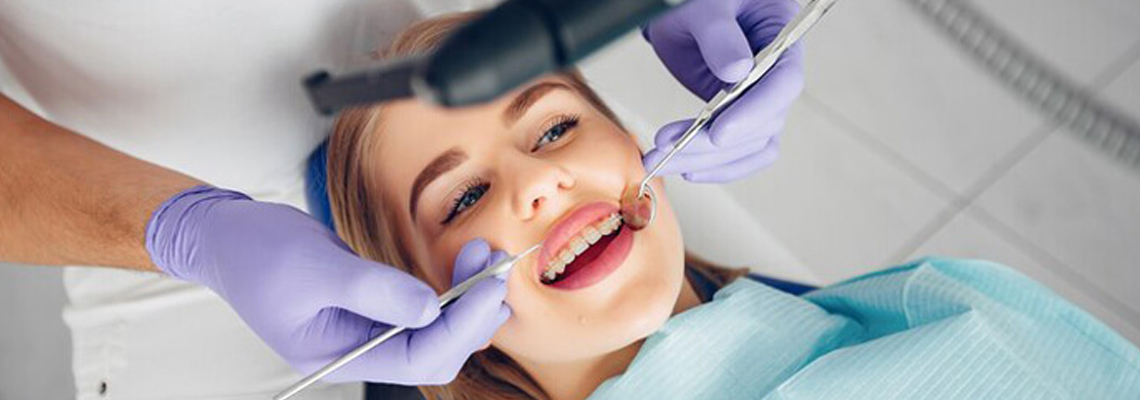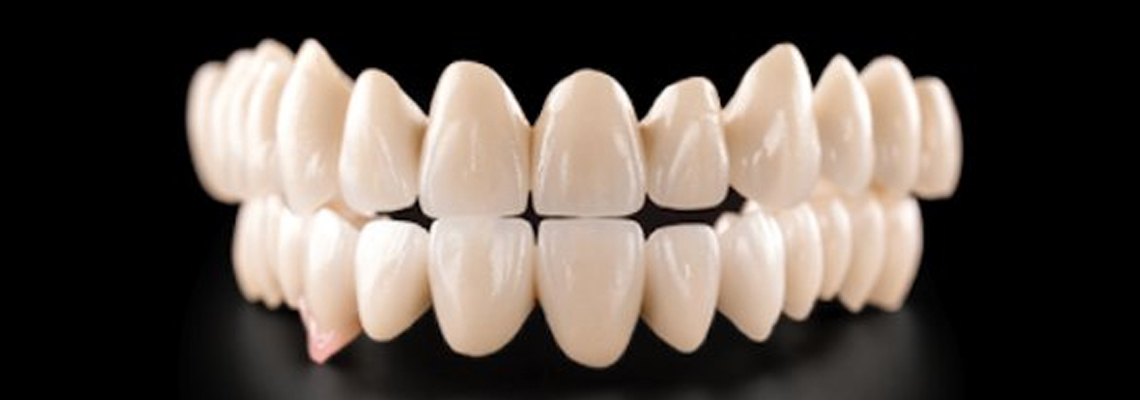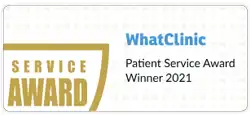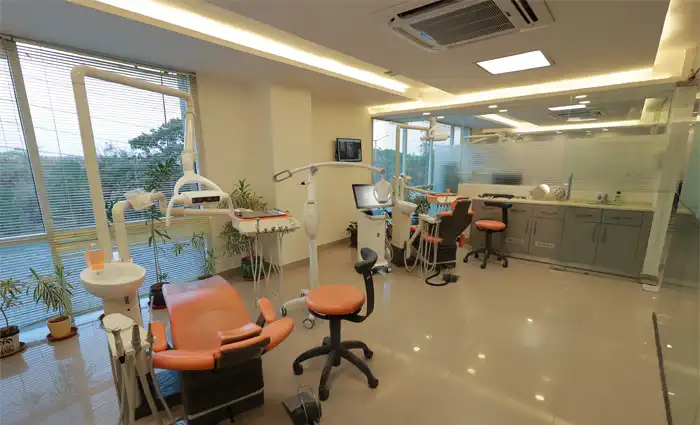The adrenaline rush of extreme sports comes with more than just broken bones and bruises—your teeth face serious risks too. From mountain biking to skateboarding, mixed martial arts to snowboarding, high-impact activities can wreak havoc on your smile if you’re not prepared. As an expert in sports dentistry, I’ve treated countless athletes who learned the hard way that dental injuries don’t just hurt—they can permanently alter your bite, speech, and confidence. Here’s what every thrill-seeker needs to know about protecting their pearly whites while pushing limits.
Impact Injuries: More Than Just a Chipped Tooth
When a snowboarder wipes out or a skateboarder takes a rail to the face, the immediate concern is often visible damage—cracked, chipped, or knocked-out teeth. But the hidden dangers are equally concerning. The sheer force of impact can cause root fractures that only show up on X-rays, or damage the periodontal ligament that holds teeth in place. I’ve seen cases where a seemingly minor hit led to gradual tooth death over months. Even if your teeth look fine after a crash, any significant facial impact warrants a dental check-up within 48 hours to catch internal damage early.
The Jaw Joint Dilemma in Contact Sports
MMA fighters and boxers aren’t the only ones risking TMJ (temporomandibular joint) disorders. Any sport with potential for facial contact—including basketball and soccer—can cause misalignment issues from repeated blows. The jaw isn’t designed to absorb constant shock, and the resulting inflammation can lead to chronic pain, headaches, and uneven tooth wear. Many extreme athletes develop bruxism (teeth grinding) as a subconscious stress response during high-intensity moments, further compounding the problem.
Environmental Factors That Erode Enamel
Outdoor adventurers face unique dental threats beyond physical trauma. Rock climbers and mountaineers often unconsciously clench their jaws during challenging ascents, sometimes with enough force to crack molars. Open-water swimmers battle constant exposure to acidic pool chemicals or corrosive saltwater. Endurance athletes relying on energy gels and sports drinks create an acidic oral environment that dissolves enamel over time. I recently treated an ultra-marathoner whose enamel erosion from frequent carb-loading required full ceramic crowns—a preventable outcome with proper precautions.
Custom Protection: Beyond the Basic Mouthguard
While any mouthguard is better than none, off-the-shelf options simply can’t match the protection of custom-fitted appliances. A properly fitted mouthguard should cover all upper teeth with 3-4mm of shock-absorbing material, stay securely in place during impact, and allow for normal breathing and communication. For sports like motocross or downhill mountain biking, I often recommend mouthguards with added jaw stabilization features to prevent TMJ injuries.
Night guards become equally important for athletes who train intensely—many unconsciously grind their teeth during sleep as their bodies process the day’s physical stress. Using a sports mouthguard during daytime activities and a separate night guard for sleep provides comprehensive protection.
Emergency Preparedness: Saving Knocked-Out Teeth
In extreme sports, knowing dental first aid can mean the difference between saving and losing a tooth. If a tooth gets knocked out, handle it only by the crown (never the root), gently rinse it with milk or saline if dirty, and try to reinsert it into the socket. If that’s not possible, store it in a tooth preservation kit or milk—water actually damages root cells. The golden window for successful reimplantation is 30 minutes, so having an emergency plan with nearby dental clinics is crucial for remote adventurers.
Hydration and Nutrition for Resilient Teeth
Extreme athletes need specialized nutrition strategies to maintain tooth strength. Dehydration reduces saliva production, allowing harmful bacteria to thrive. I advise adventure athletes to rinse with water after energy gels and use remineralizing toothpaste with nano-hydroxyapatite. Calcium-rich snacks like almonds help counteract the acidity of sports nutrition products. For multi-day expeditions, chewable vitamin C tablets are safer for enamel than acidic citrus fruits.
Your Smile’s Finish Line
The thrill of extreme sports shouldn’t come at the cost of your dental health. With proper protective gear, smart nutrition habits, and prompt attention to injuries, you can keep pushing boundaries without sacrificing your smile. Many professional extreme athletes now include dental check-ups in their regular training regimens—a practice recreational enthusiasts should adopt too. Remember, the most hardcore thing you can do is protect your body’s most visible asset—your winning smile. Whether you’re hitting the halfpipe or the climbing wall, make dental defense part of your essential safety gear. Your future self will thank you every time you flash those undamaged, perfectly aligned teeth after another epic adventure.
Are You Looking For Dental Implants
Click on the links below to learn more about the approximately $50,000 savings option for Dr. Motiwala’s packages.
- Full mouth dental implants & Cost of Treatment
- Smile Makeover & Cost of Treatment
- Watch 100’s of Testimonials from our International Patients
Make An Appointment!
Please contact us if you have dental difficulties or are interested to know about dental implants and how they might improve your smile. Dr. Motiwala Dental Clinic & Implant Center may be reached at +91 99596 14584. You can also Contact Us by clicking the banner below.



